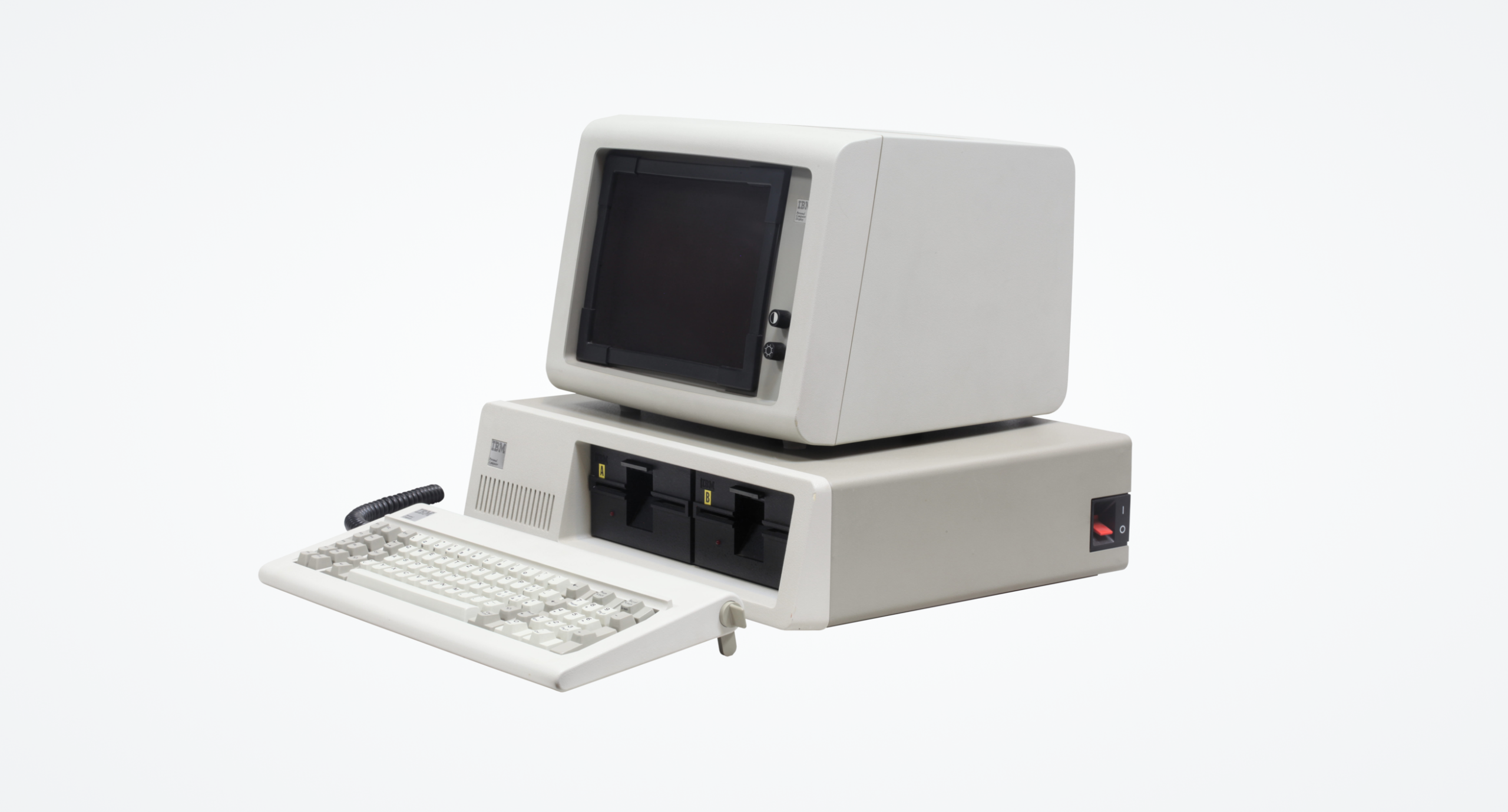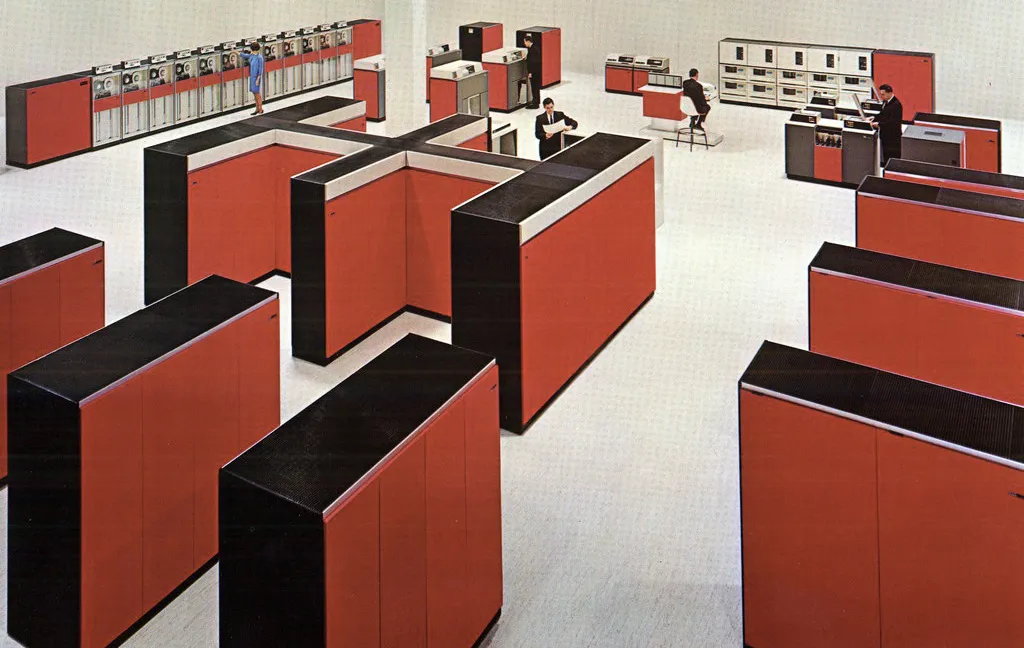I was lucky enough to commence my career in a commercial team supporting an academic institute, perhaps the ideal environment as innovation and experimentation were supported while commercial reality was maintained. Introduced by my friend Rod Tasker, I started my career as an MVS Systems Programmer, yes writing 360/370 Assembler and relying on HEX dumps for debugging!
Starting as a mainframe Systems Programmer
I got my start as an MVS Systems Programmer at the Swinburne Institute Computer Centre. The centre had a Facom (Fujitsu) M180N and a smaller IBM 4341… this was back in the day when Facom mainframes were an ‘accurate imitation’ of IBM 🙂
Sink or swim
Peter Reid was my assigned supervisor, on my first day I walked into his office… he slid a tape across the desk to me and said ‘install that’ – instructions over. Clearly I was being thrown in the deep end, but challenge accepted despite never having seen, let alone touched a computer tape previously.
It was an update for the Catia CAD CAM system that ran on the 4341. The Centre worked with an advanced Engineering academic department to run a CAD/CAM lab that utilised the CADAM and CATIA systems.
Fast-forward to Friday, I went back to Peter, gave him back the tape and confirmed the update was complete. Then went to see the Centre GM – Mike Plunkett (amazing guy) – and asked for a new supervisor. I was reassigned to Bob Schorer… and my career never looked back (huge thanks for the influence that has lasted 40 years Bob… and Peter!)
Commencing my journey of the path of development
Bob was going to be busy for a couple of weeks as he, Richard Forster and Rod Tasker, were updating the M180N to OS IV F4 MSP (the equivalent of MVS/XA)… new instruction – go and sit with the operators for a week, learn what they do… done. Next instruction, take the manuals for the new system out of their boxes, put them in ring binders, label the binders and place them in the awaiting 2m high x 8m wide book case… two weeks later, done.
Let’s just recap that… I had just graduated from a prestigious university with an honours degree and this is how I was to spend three weeks! (would graduates do it today? Not sure).
Next instruction, translate the 50 odd command procedures (think slow to run interpreted language) into command processors (think fast to run assembly language) that the staff and students used – maintain the specifications but save huge amounts of processing time. Next minute:
- I was writing assembler for the first time… and I knew exactly where every manual was that I needed to find (remember at that timer there was no Google, no Stack Overflow, no Internet).
- Six weeks in and I was writing SVCs that provided stack and queue operations – other programmers never came close to that opportunity throughout their careers.
- I was friends with all the operators, and just as well as debugging an ABEND (crash) meant picking up a HEX printout the size of a phone book… find the System Control Block, find the Job Control Block… find the problem, fix the problem. They saw a lot of me!
My career had started, but serious change was coming
My career as an ‘MVS’ Systems Programmer was now off to a flying start. Was Bob a great manager or did we both just luck out from his off-the-cuff suggestions, I have always thought the former. So what did I take from this initial experience:
- I can survive in the deep end, it’s just not the easiest way to learn to swim!
- Building relationships and knowledge that will help you solve problems is the best way to be set up for success.
- Oh, and being a killer programmer/technologist is not a reliable indicator that you will be a good manager of people.
But times were changing… before long, the first IBM PC hit our desk – and things would never be the same.



